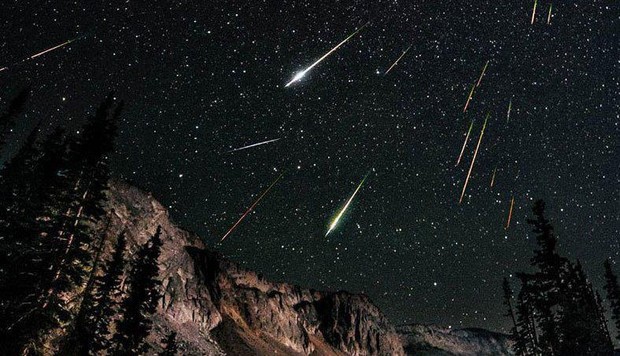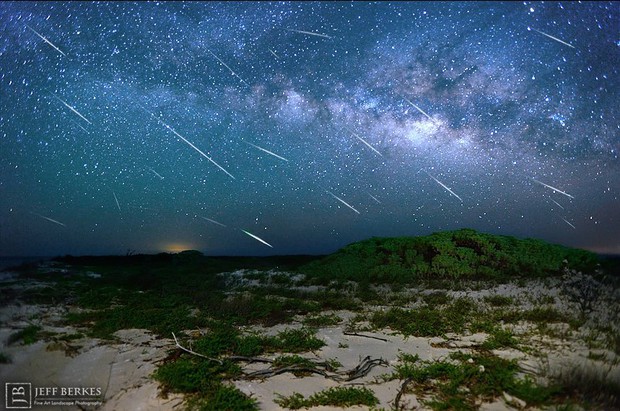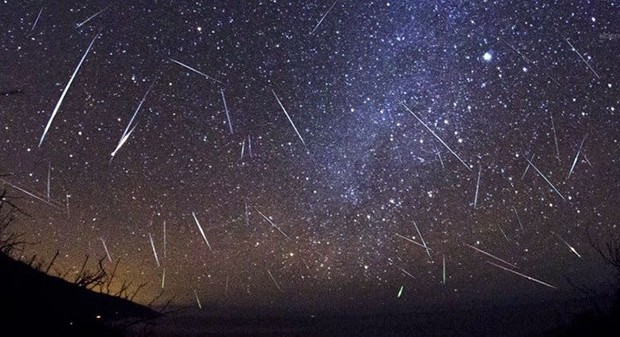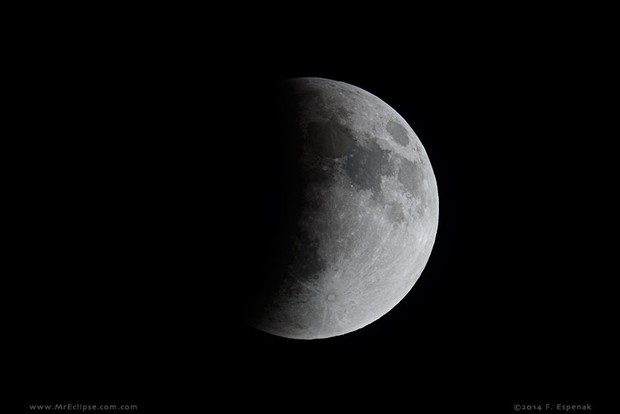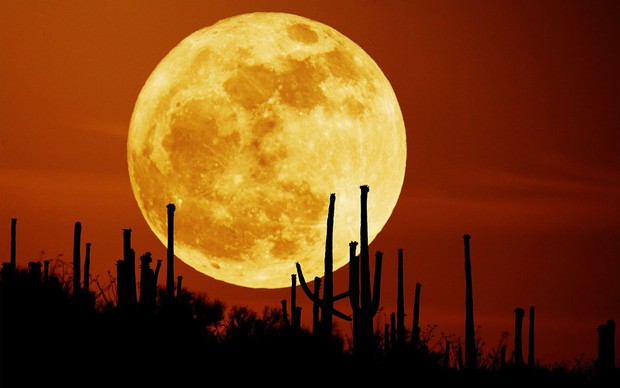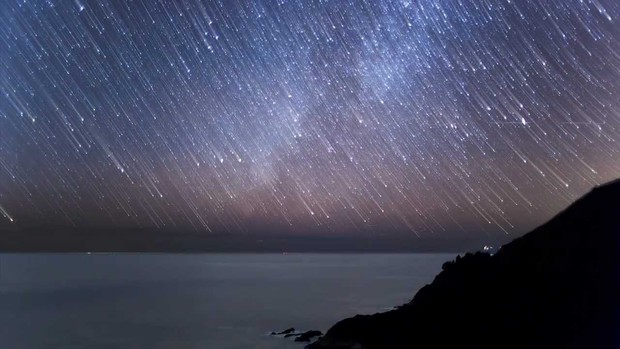Do not pocket this “calendar”, because you will regret it if you ignore the exciting astronomical phenomena of this year.
In 2016, astronomy enthusiasts around the world must have been satisfied with a series of interesting phenomena like a super moon or a beautiful meteor shower.
So what about 2017, let’s take a look at the most anticipated astronomical phenomena over the next 12 months.
1. Night 3/1, Dawn 4/1 – Quadrantids Meteor Shower
The opening of the list is a Quadrantids meteor shower with 40 meteors expected per hour when it peaks.
The Quadrantids meteor shower was formed from dust particles left behind by the extinct 2003 Comet EH1. The best time to observe is after 3/1 midnight in places less affected by urban light.
February 11 – The lunar eclipse is midnight
This amazing phenomenon occurs when the Moon passes through part of the Earth’s shadow. As a result, half of the Moon’s light area will be darkened and can create a Blood Moon.
The full half-night lunar eclipse will last 4 hours 19 minutes starting at 5:34 a.m. on February 11 (Vietnam time). We can observe this phenomenon completely, but only in the initial phase until 7:43 am only.
3. Night of April 22, Dawn of April 23 – Meteor Shower Lyrids
It is a moderate meteor shower with only about 20 streaks appearing per hour. However, the peculiarity is that these meteor trails can leave bright lines that can last up to a few seconds.
This year, the Moon will not interfere too much with observations of this phenomenon and meteors can appear from any direction in the sky.
4. Night 6/5, dawn 7/5 – Eta Aquarids meteor shower
The Eta Aquarids meteor shower can reach up to 60 meteors per hour, but only in the southern hemisphere. In the northern hemisphere – including Vietnam, that figure is only half.
Unfortunately, a crescent moon will make it difficult to see some meteors, but if you are patient, you may still see a few streaks of light towards the constellation Aquarius.
5. Night of July 28, morning of July 29 – Meteor shower Delta Aquarids
This meteor shower is the “product” of debris left behind by comets Marsden and Kracht.
Appearing from mid-July through the end of August, this year the Delta Aquarids meteor shower will not peak until the night of July 28, the morning of July 29, with about 20 streaks per hour.
August 6, 7 and 8 – Partial solar eclipse
During this time, part of the Moon will darken as it moves into the Earth’s shadow.
Fortunately, the Moon is completely on the horizon this time, so Vietnam can fully observe the partial eclipse from 10:50 p.m. on 8/7 to 3:50 a.m. on 8/8 if weather conditions are favorable. profit.
7. Night of August 12, morning of August 13 – Meteor shower from the Perseids
With an average of 60 meteors per hour, this is considered one of the most anticipated meteor showers of 2017.
The moon may mask some fuzzy star trails, but due to the large number of meteors and their brightness, you can still fully admire this phenomenon.
8. August 21 – Total Solar Eclipse
For those who enjoy astronomy in America, this must be a “thousand years one” event, because the last time the people of this country were observed a total eclipse was in 1979, and if you miss it on August 21. it will take 7 years to see.
In Vietnam, unfortunately we can only admire through… live broadcasts or photos from USA only.
9. Evening 3/12 – Super moon
This will be the only supermoon phenomenon of 2017, when the Moon is in the correct position facing Earth and the Sun is completely covered.
At the closest distance from Earth, the Moon will appear much larger and brighter than usual.
10. Night 13/12, dawn 14/12 – The meteor shower of the Geminids
King of all meteor showers here! Made up of debris from the asteroid 3200 Phaethon, the Geminids can produce up to 120 colorful meteor trails per hour at most.
The good news is that this year the Moon will no longer be an obstacle, so wait until after midnight on December 13 in an open, dark place to fully admire this phenomenon.



